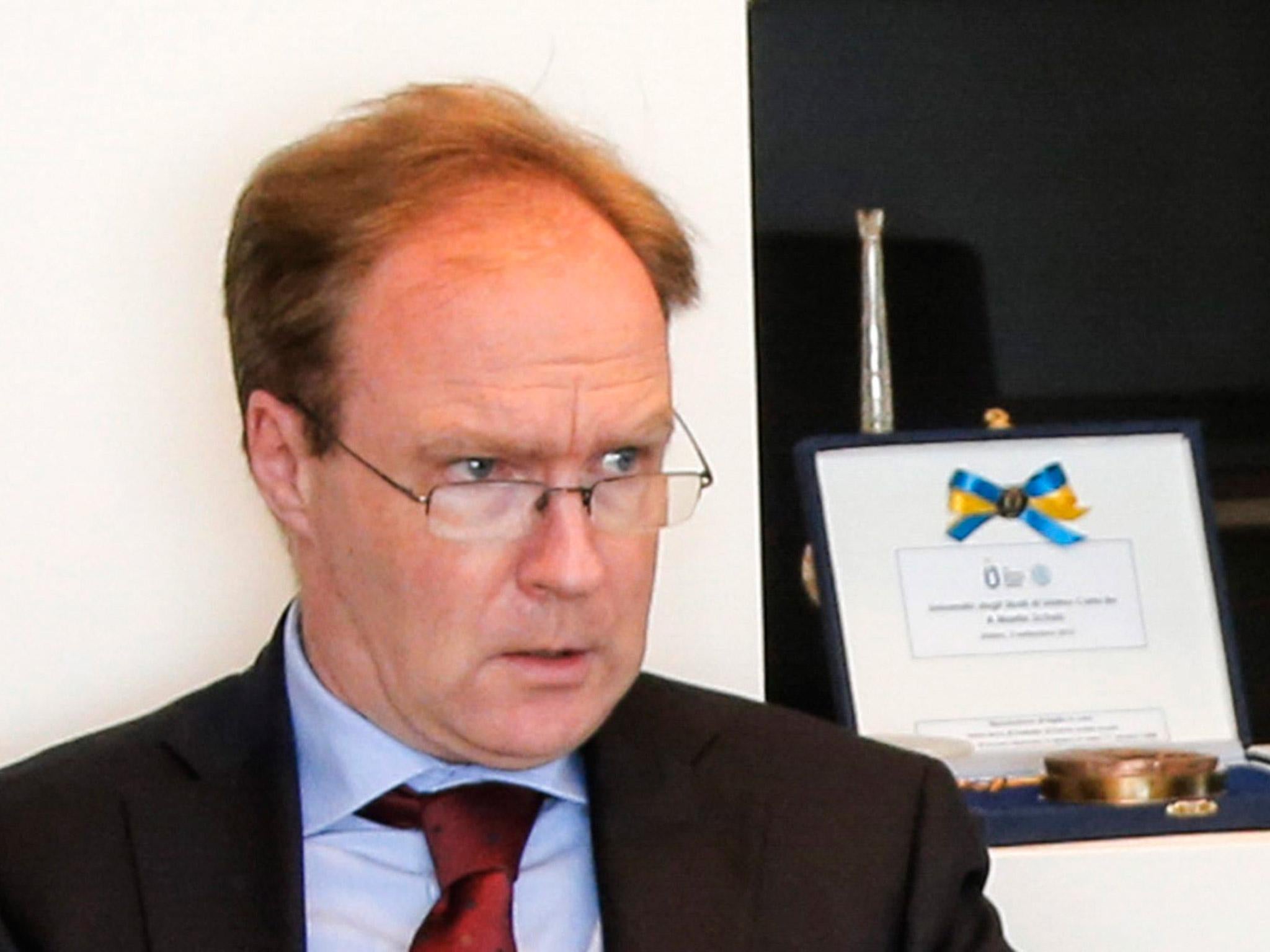We do not have the skilled negotiators necessary to make Brexit a success
Please send your letters to letters@independent.co.uk

The resignation of Sir Ivan Rogers and appointment of Sir Tim Barrow as the UK’s new ambassador to the EU has not just highlighted wider strains in Whitehall between some mandarins and some ministers, up to and including Theresa May. It has also reinforced the dearth of talent there is in terms of serious multilateral negotiating experience in Whitehall, a situation reinforced in Sir Ivan’s departing email. This is not the case in the European Commission, which is well-versed in multilateral trade matters.
Indeed, according to Sir Simon Fraser, the former permanent under-secretary at the Foreign Office, an initial government review has revealed Whitehall has only 20 “active hands-on” trade negotiators, and will be up against 600 experienced trade specialists for the European Commission.
The coming trade negotiations are painstaking line-by-line, sector-by-sector work, and the current lack of capacity requires the Government to urgently bring on board skilled negotiators from outside Whitehall.
The UK will also have to boost its staff in Brussels to prepare for the Brexit negotiations, as well as increase staff in embassies, as it fights to make the UK’s voice heard in a new competition with the EU, the US and other countries.
If we are to make the best of Brexit we need to have the personnel in place able to argue the UK’s case and get the best out of a challenging situation. The stakes are high, but the Government must rise to the challenge, and do so quickly.
Alex Orr
Edinburgh
National politicians need to understand the wants of local politicians
What power-greedy national politicians ignore is that there are countless frustrated local politicians yearning for executive and fiscal powers that would enable them to innovate to improve service delivery for their communities.
What they also fail to realise, importantly, is that there are many desperate-for-power councillors who would vote, under cover of the ballot box, for the national party which commits to devolving the most power. This could also be true of the electorate.
Paradoxically, the political party that promises to give most power away, may well be the one that gains power.
Geoff Naylor
Winchester
Celebrities boycotting Trump’s inauguration need to look to their past hosts
Mathew Norman on Wednesday reported on the difficulty Donald Trump is experiencing in persuading celebrities to perform at his inaugural bash.
So-called stars and divas have, in the past, had no qualms about performing for some of the world’s most revolting dictators or regimes – but they seem reluctant to perform for the Donald.
Now either they have decided that Trump is an even more reprehensible character than the likes of the Gaddafis or the Karimovs of this world – or maybe they just weren’t offered a big enough incentive.
G Forward
Stirling
We need to be realistic about Brexit
Britain and the other 27 EU members states have spent 40 years developing ever closer and ever more sophisticated relationships. With the best will in the world it is naive to expect those relationships to be unwound overnight without explosive disruption on both sides.
The right course of action would be a gradual disassociation. Britain should initially exit the EU while maintaining existing situations as close as possible to their previous states.
This would mean Britain implementing all EU laws into British law, remaining part of the single market, the customs union, retaining free movement of people, remaining part of EU scientific and academic programmes and so on, and would probably involve Britain continuing to pay into the EU at a level similar to its current net contributions.
Even this small step would involve huge disruption and reorganisation in many areas of government, legislation, taxation, public funding and so on. However it would place Britain and the EU into a more stable political situation where, as separate entities, they could then begin to negotiate properly about the future without the two-year ticking clock or the Article 50 gun being held to their heads.
The only obstacle to this sensible approach is the political imperative felt by those in power to very rapidly address the motivations behind the Brexit vote, primarily immigration, and to avoid predictable public distaste at the prospect of continuing to pay into an institution in which Britain would no longer have a voice. Courage and leadership is required to turn public opinion around on the expectation of a “clean break” and to win support instead for a gradual, phased Brexit.
John Thompson
Dublin
Join our commenting forum
Join thought-provoking conversations, follow other Independent readers and see their replies
Comments
Bookmark popover
Removed from bookmarks